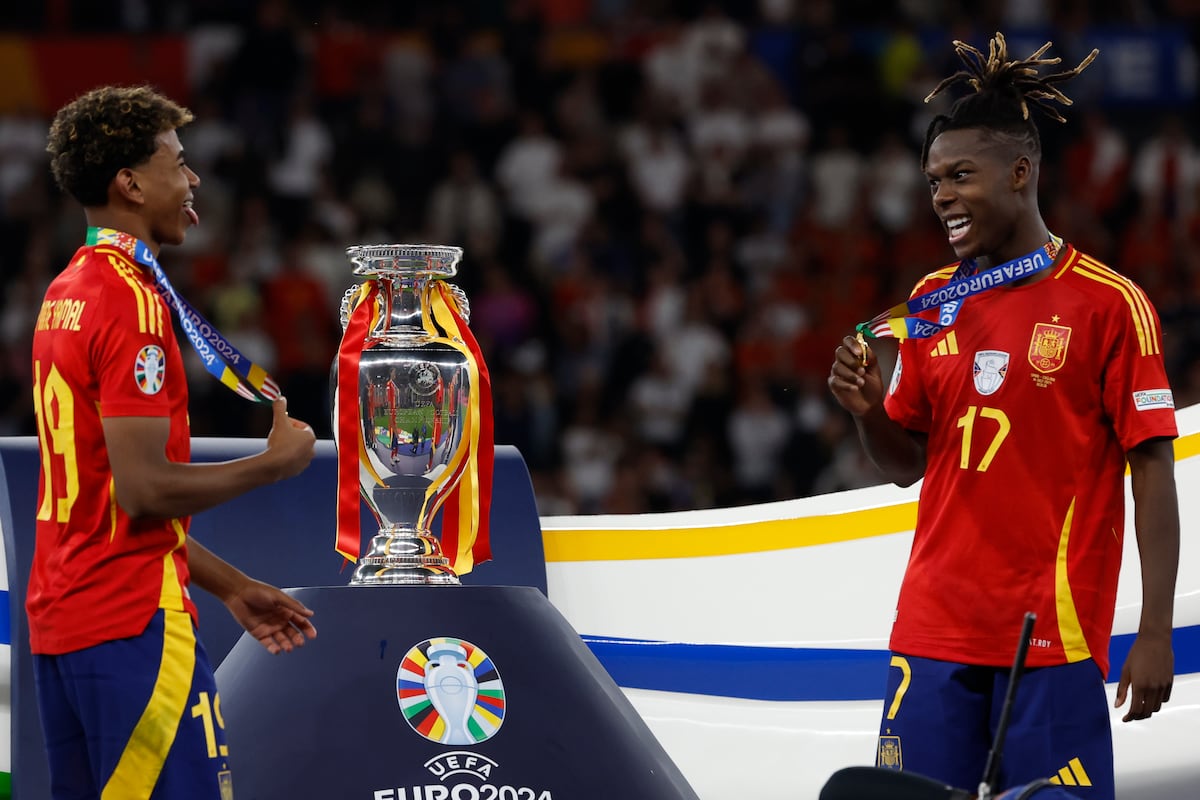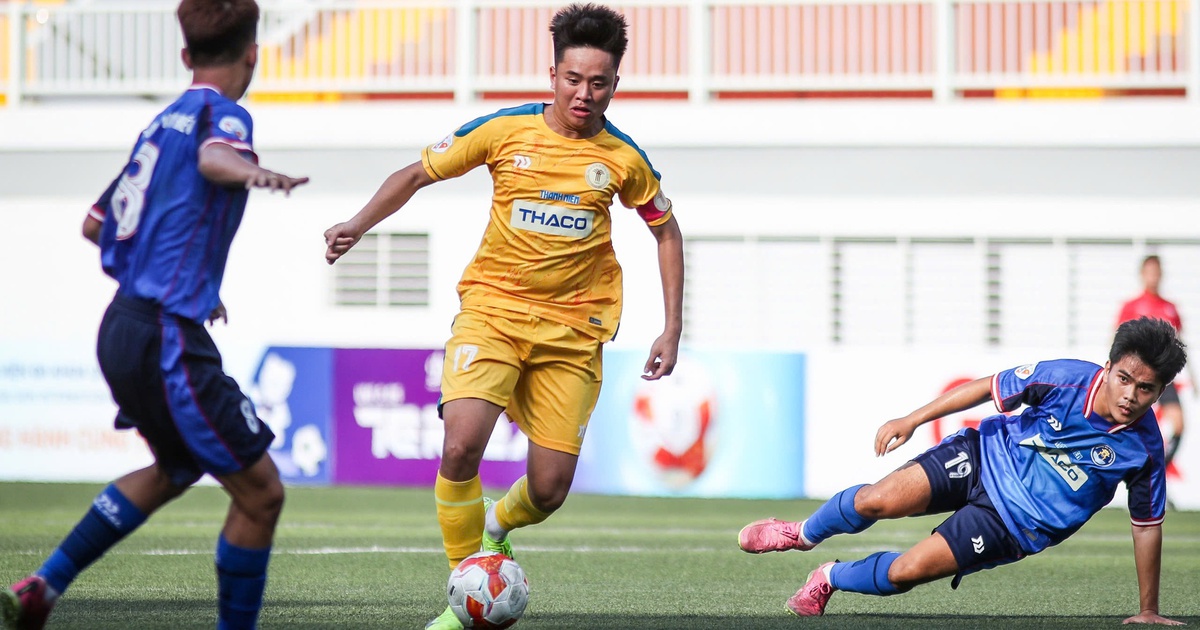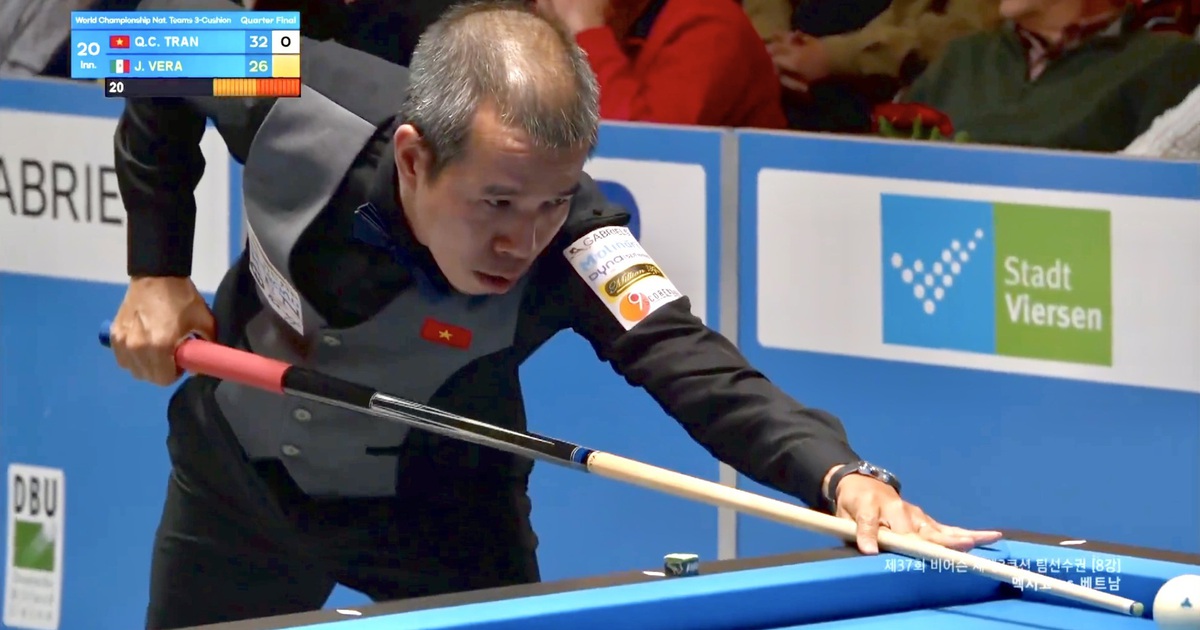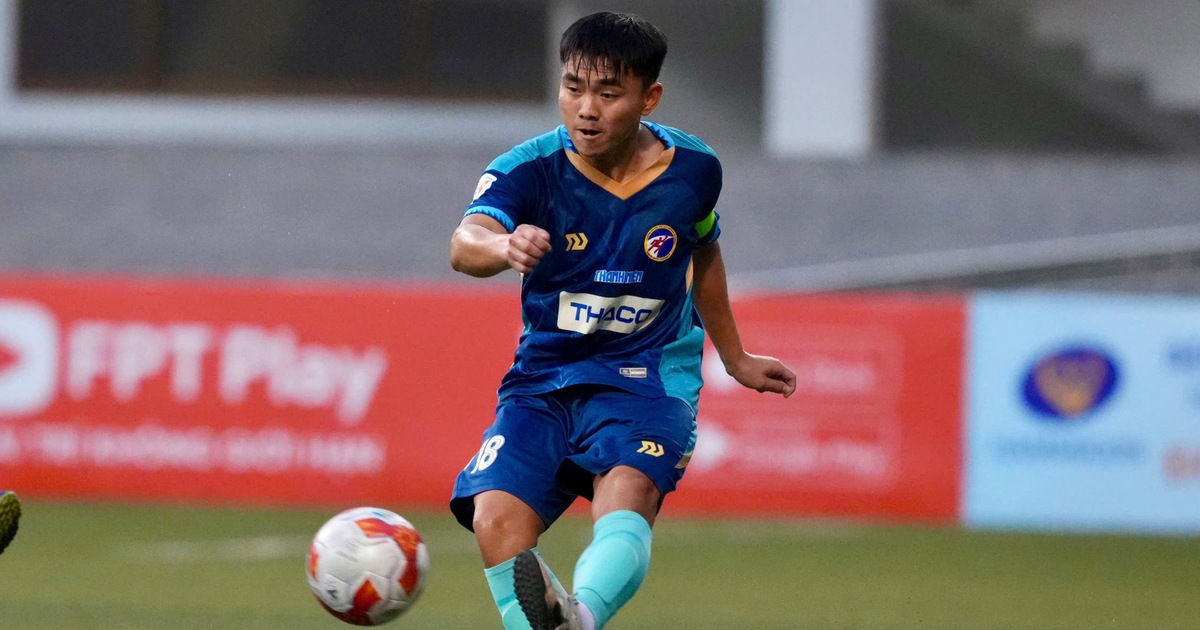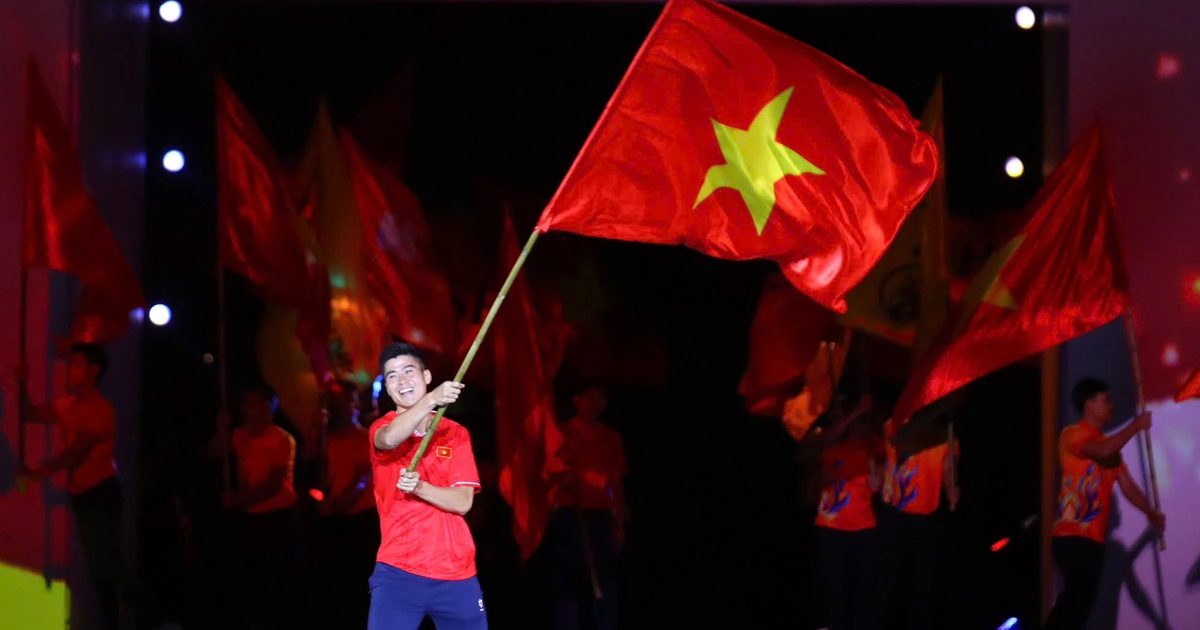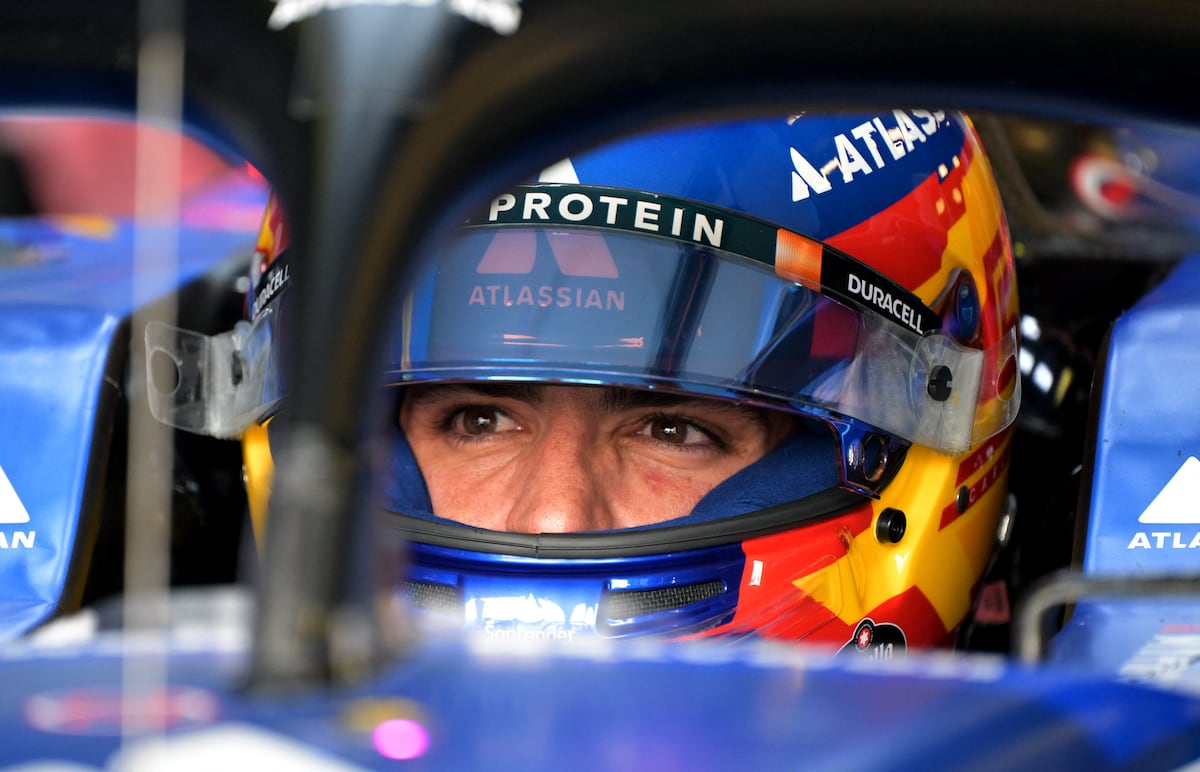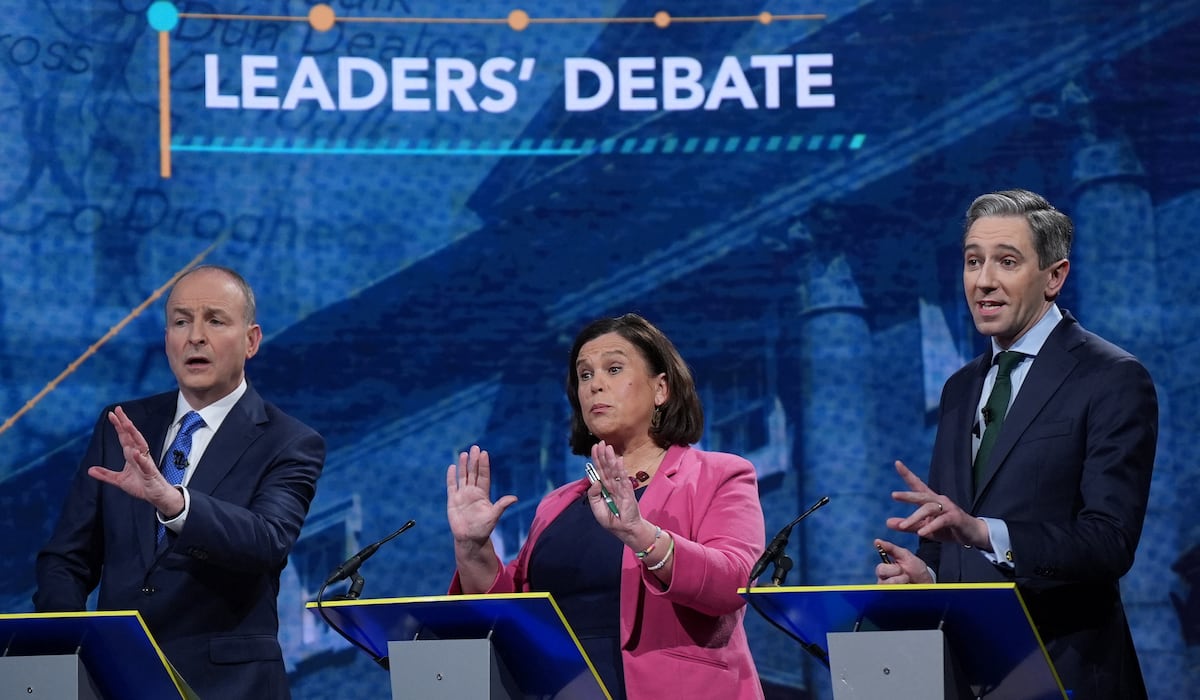Three weeks after the Euro Cup final at the Olympic Stadium in Berlin, Unai Simón continued sending Dani Olmo a video over and over again. “I can’t stop looking at it,” he tells her. It’s from the 89th minute. Spain was winning 2-1 and England had a corner. The goalkeeper takes Declan Rice’s first shot and the ball falls to Guéhi, who tries again with Simón already on the ground. But Olmo saves the goal with a header over the line, avoids a tie and La Roja captures the trophy. The insistent sending of the video served the goalkeeper, for example, to remind him that he was right. “Before that corner Unai screams at me…” Olmo says in the documentary A team called Spain. The path to the fourth. He asked him to cover the first post, a common oversight. “And I said: ‘I’m not moving from here.’” And by being there he saved the tie, and the extra time, and maybe the trophy.
The insistent sending also serves to prolong that happiness, like the series itself that premieres this Friday on Prime Video, and that the day before moistened the eyes of the last Ballon d’Or. Rodrigo Hernández attended the premiere in a room in the City of Football from Las Rozas and when he finished he went up on stage for a small discussion, he was moved: “It has been a long time since I felt the emotion that I felt down there…”.
The docuseries, like Unai Simón’s videos, lengthen the hangover of joy. It also allows us to peek into that emotional space of the Red in their concentration in Germany. With a hint of fragility, like the rare fragility of Dani Carvajal, fresh from winning his sixth Champions League with Real Madrid, but who is restlessly shifting on the physio’s stretcher hours before the opener against Croatia: “I’m nervous,” he confides to the camera a footballer who reveals at the beginning that he was on the verge of leaving the national team after winning the Nations League the previous summer.
It also contains its hint of testosterone forcefulness, right before the premiere. Álvaro Morata, on the other hand, the one who has shown his fragility the most, transformed into captain in the locker room before going out to play against Croatia: “We are going to win the fucking Euro Cup!” he proclaims that first afternoon, after remind them of the photos of other champions that they always see in the buildings of Las Rozas. And before facing Italy: “We are going to lift them into the air!”
There are many speeches in the series, which reveals the coach’s range of references, from Rocky Balboa to Julius Caesar. Before the debut, he referred to a famous phrase by the boxer: “Many people come to Las Vegas to lose. “Not me,” says the character played by Stallone. “I don’t come to Las Vegas to lose,” De la Fuente told his platoon. Although few phrases were as successful as the one he used before the second match, against Italy. He told them that the rival was playing the role of victim, that they should not trust themselves: “As they say in my town: ‘Crazy, crazy… But I’ll set it up for you.'” The sentence spread from footballer to footballer, and from laughter to laughter – especially from Cucurella – until, before the final, De la Fuente turned to a Roman emperor: “Julius Caesar, one of the great conquerors in history of humanity said: ‘There is no important achievement without suffering.'”
Despite the victory, not everything happened in a straight line in the Euro Cup. Ayoze and Pedri were injured, Vivian’s grandfather died and there was a moment when the coach had to give a warning. Two days before the semi-final against France, he got serious. “I don’t see it well, we don’t have the spark,” he told them.
On the way to the Munich stadium to play that match, something happened that the cameraman of the series commented with amazement after recording it: Lamine Yamal, who was still 16 years old and had obtained his ESO in the concentration, had fallen asleep on the bus . “And I was shit…” remembers Nico Williams. The Barcelona attacker also came into the match under the influence of some words from the Frenchman Rabiot, who had suggested that he still had a lot to prove. And precisely with Rabiot on top, Lamine scored a great goal for the top corner: “I had so much anger in my body…” he remembers. “Your dad’s goal, brother,” he laughs.
Lamine and Nico leave the most hilarious moments of the series. Also a distressing one that had been hidden until now. Two days before the final, the Athletic player notices something strange in his left adductor. He leaves training alarmed. He thinks it’s broken. She doesn’t even dare to tell her mother: “I’m not going to call her, because she’s going to start crying…” she remembers thinking. He does confide it to his brother, Iñaki, an almost paternal figure. In those terrible hours, Morata, a giant captain in the eyes of the locker room, knocks on his room door and assures him that everything is going to be fine. Nico plays in the final, scores 1-0 and is chosen best player of the match.
After his goal came Palmer’s and Oyarzabal’s. And Olmo’s save that Unai Simón never tires of repeating, and that Morata, a tournament between inflammation and anguish, endured, nervously walking along the sideline, with his eyes full of tears. “Winning the European Championship has changed my life,” says the captain.

